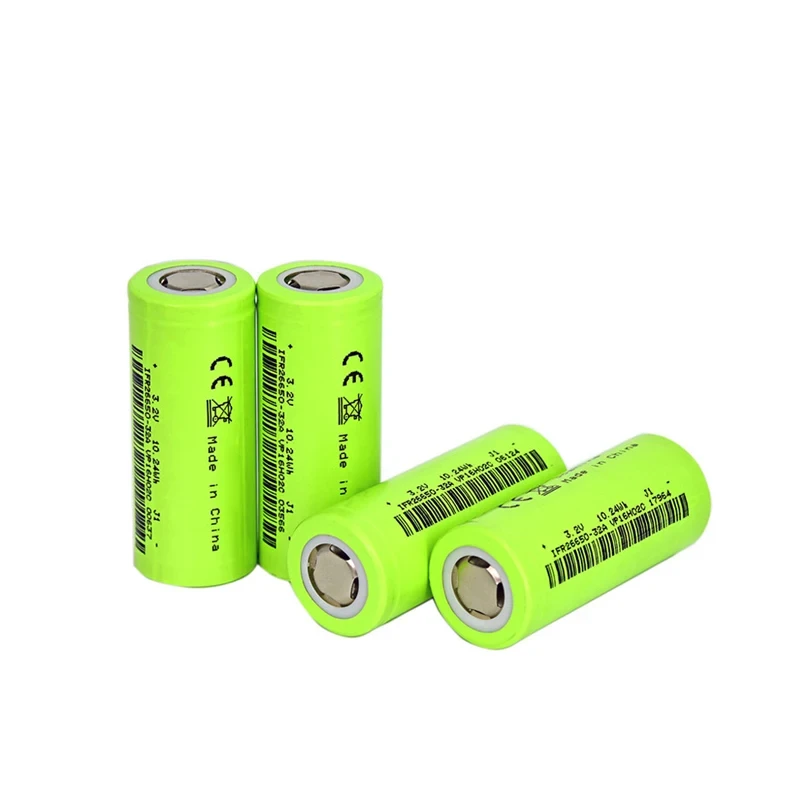Lithium iron phosphate (LiFePO4) batteries have gained immense popularity in recent years due to their unique properties and wide range of applications. This article will provide an in-depth look at LiFePO4 battery cells, their advantages, and their uses in various industries.
What are LiFePO4 Battery Cells?
LiFePO4 battery cells are a type of rechargeable lithium-ion battery that uses lithium iron phosphate as the cathode material. They have several advantages over other lithium-ion batteries, including:
High safety and stability
- Long cycle life (up to 2000-8000 cycles)
- High energy density
- Low self-discharge rate
- Excellent thermal and chemical stability
- Environmentally friendly and non-toxic
Advantages of LiFePO4 Batteries
Safety: LiFePO4 batteries are inherently safer than other lithium-ion batteries due to their stable chemical composition. They are less prone to thermal runaway, which reduces the risk of fire or explosion.
Longevity: LiFePO4 batteries can last up to 10 times longer than lead-acid batteries and have a cycle life of 2000-8000 cycles, depending on the depth of discharge.
Efficiency: LiFePO4 batteries have a high charge and discharge efficiency, typically around 90-95%. They also have a low self-discharge rate, losing only about 2% of their charge per month when not in use.
Lightweight and Compact: LiFePO4 batteries are about one-third the weight of lead-acid batteries and have a higher energy density, making them ideal for applications where weight and space are critical factors.
Temperature Tolerance: LiFePO4 batteries can operate in a wide temperature range, from -20°C to 70°C, without significant performance loss.
Applications of LiFePO4 Batteries
LiFePO4 batteries are used in a wide range of applications, including:
Electric Vehicles: LiFePO4 batteries are a popular choice for electric cars, buses, and trucks due to their safety, long cycle life, and high energy density.
Solar Energy Storage: LiFePO4 batteries are ideal for storing energy generated by solar panels, providing reliable power during periods of low or no sunlight.
Backup Power: LiFePO4 batteries are used in uninterruptible power supply (UPS) systems and emergency backup power for critical infrastructure, such as hospitals and data centers.
Marine and RV Applications: LiFePO4 batteries are popular in boats, yachts, and recreational vehicles due to their lightweight, compact size, and ability to withstand harsh environments.
Consumer Electronics: LiFePO4 batteries are used in portable devices, such as power tools, medical equipment, and high-performance audio systems.
How long do LiFePO4 batteries last?
LiFePO4 batteries can last up to 10 years or more, depending on usage and maintenance. They have a cycle life of 2000-8000 cycles, which is significantly longer than lead-acid batteries.
Can LiFePO4 batteries be used in extreme temperatures?
LiFePO4 batteries can operate in a wide temperature range, from -20°C to 70°C, without significant performance loss. However, extreme temperatures may still affect their overall lifespan.
Are LiFePO4 batteries environmentally friendly?
Yes, LiFePO4 batteries are considered environmentally friendly and non-toxic. They do not contain heavy metals and are recyclable, making them a greener alternative to lead-acid batteries.
In conclusion, LiFePO4 battery cells offer numerous advantages over other battery technologies, including safety, longevity, efficiency, and versatility. As the demand for reliable, sustainable, and high-performance energy storage solutions continues to grow, LiFePO4 batteries are poised to play an increasingly important role in powering our future.



.jpg)

